Celebrated Kenyan Writer Ngugi wa Thiong'o is Dead
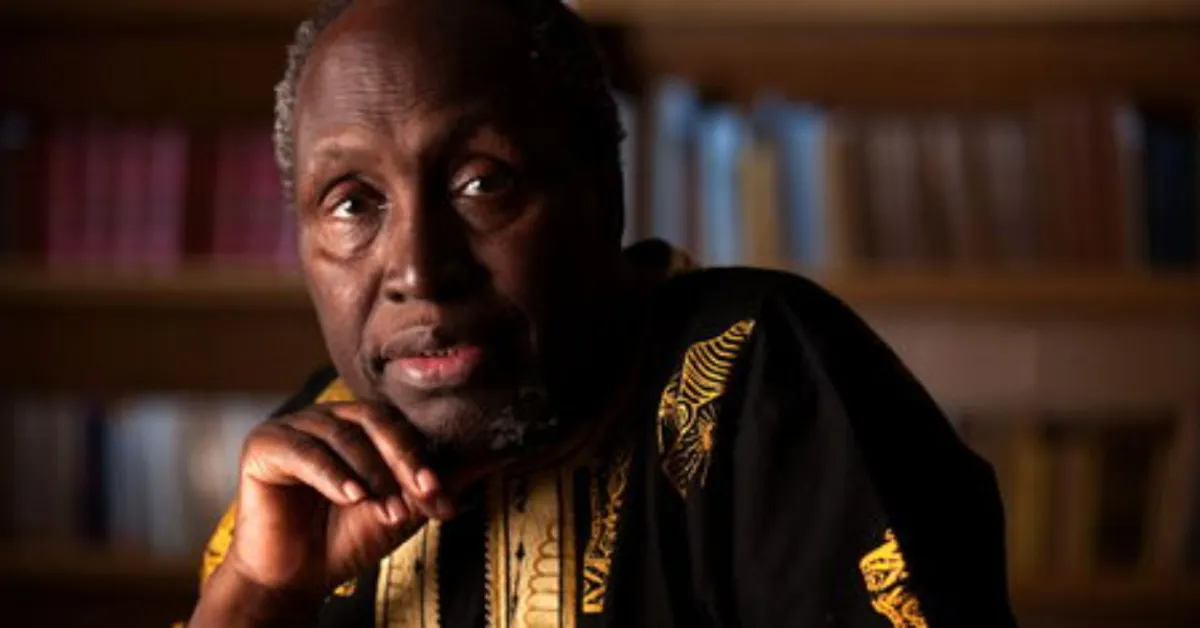
Ngũgĩ wa Thiong’o, the internationally acclaimed Kenyan author and a staunch advocate for African languages and cultural identity, has died at his home at the age of 87.
His passing, announced Wednesday, May 28, 2025, by his family, marks the end of a significant chapter in African literature and prompts renewed reflection on his profound contributions. The announcement was made by his daughter, Wanjiku wa Ngugi, in a Facebook post that encouraged admirers to commemorate his life and work. She quoted a Gikuyu phrase, "Rîa ratha na rîa thŭa. Tŭrî aira!" to encapsulate both the sorrow and pride associated with his passing. Memorial arrangements are forthcoming, with Nducu wa Ngugi, his son, designated as the family spokesperson. The cause of death has not yet been disclosed.
Ngũgĩ's life was deeply intertwined with the socio-political evolution of Kenya, from the colonial era to its post-independence struggles. Born in 1937 in Kamiriithu, Limuru, his early experiences under British rule profoundly shaped his literary focus and political consciousness. His initial novels, including A Grain of Wheat and Weep Not, Child, explored themes of colonialism, resistance, and the complex formation of national identity in a newly independent nation. A pivotal moment in Ngũgĩ's career occurred in the late 1970s when he made the deliberate decision to abandon English as his primary language of literary expression and embrace Gikuyu.
This transition was not merely linguistic; it was a powerful statement of defiance against what he perceived as neocolonial influences in African literature. His conviction that African narratives should be articulated in indigenous languages positioned him as a leading figure in intellectual resistance against cultural imperialism. His novel Devil on the Cross, famously written on toilet paper while he was incarcerated by the government of President Daniel Arap Moi, epitomises his unwavering commitment to the transformative power of language. Despite enduring exile and facing political persecution, Ngũgĩ remained steadfast in his mission to critique oppression and champion linguistic and cultural reclamation.
During his academic tenure at prestigious institutions like Yale University and the University of California, Irvine, Ngũgĩ addressed a global audience, using his platform to advocate for the importance of indigenous languages in literature and education. Despite his international engagements, his connection to Kenya remained strong, as reflected in his writings, activism, and sustained involvement with local literary movements. News of Ngũgĩ’s passing has prompted an outpouring of tributes from writers, academics, and political figures worldwide.
Homa Bay Governor Gladys Wanga has described him as an intellectual force whose work challenged injustice and empowered marginalised voices. She emphasises that his legacy would endure through his stories, struggles, and the aspiration for a more equitable world. The revolutionary collective Kong’amano la Mapinduzi acknowledges Ngũgĩ's profound impact, underscoring that his works embodied the spirit of resistance and the preservation of cultural memory. They highlight his courage in challenging existing systems and his teachings on the power of language, memory, and resistance.
Dr. Ezekiel Mutua, a prominent Kenyan cultural activist, recognises Ngũgĩ as one of Africa's foremost literary minds, noting that his vision, as articulated in works like Petals of Blood and Ngaahika Ndeenda, would continue to inspire future generations. Ngũgĩ’s influence extends far beyond Kenya's borders. His work has resonated with writers and scholars across continents, who view his commitment to linguistic sovereignty as a critical step in decolonising African literature. His advocacy has challenged global academia to recognise the importance of African narratives in their native languages, advocating for a more inclusive and representative literary landscape.
Ngũgĩ’s literary contributions transcended mere storytelling; they served as powerful vehicles for ideology, historical analysis, and revolutionary thought. His insistence on the power of language as a tool for liberation transformed the way African literature is perceived and interpreted. He encouraged writers throughout the continent to embrace their heritage without reservation, ensuring that indigenous voices were not marginalised by Western literary standards.
His legacy is evident in the growing number of African authors who are choosing to write in their native languages, resisting the pressures of linguistic imperialism.
Writers such as Tsitsi Dangarembga, Chinua Achebe, and Chimamanda Ngozi Adichie have acknowledged Ngũgĩ’s influence in shaping a more self-determined literary environment. Despite facing exile, intimidation, and censorship, Ngũgĩ’s resolve remained unbroken. His critiques of political corruption and systemic exploitation made him a figure of both reverence and apprehension for governments that sought to suppress his voice.
The family of Ngũgĩ wa Thiong’o is planning a series of memorial events to celebrate his life and legacy. His children, many of whom have followed in his footsteps as writers and activists, are committed to preserving his vision and ensuring that his literary and ideological contributions remain relevant for future generations.

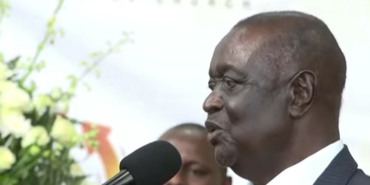


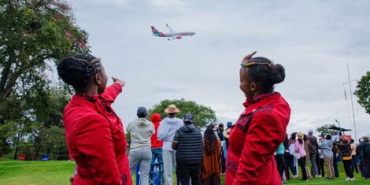
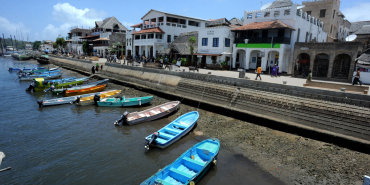
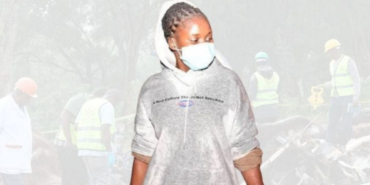

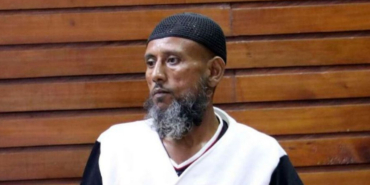
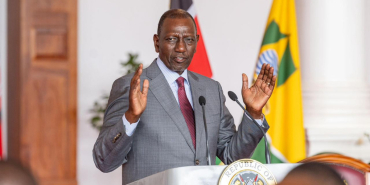

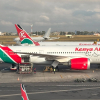
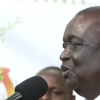

Add new comment